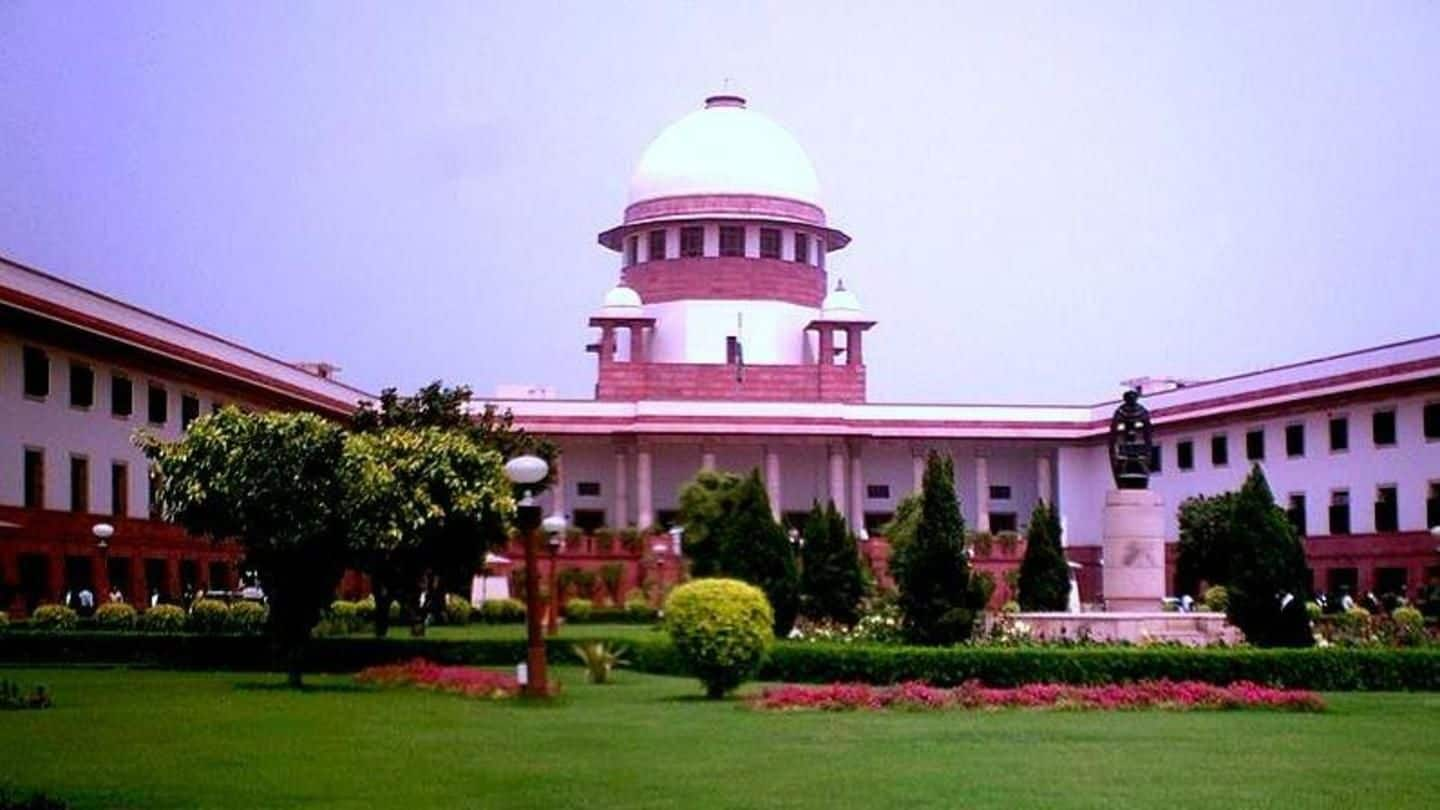
SC: Parliament must make law to ban politicians with criminal-charges
What's the story
On Tuesday, the Supreme Court ruled that it could not prohibit chargesheeted lawmakers from contesting elections. The five-judge Constitution Bench left the decision to the Parliament. However, the apex court ruled that political parties would have to publicize the list of cases pending against their candidates, if any, to inform the public about what charges candidates face. Here are the details.
Details
Details of the Supreme Court's verdict
The Constitution Bench which gave the ruling comprised CJI Dipak Misra, and Justices RF Nariman, AM Khanwilkar, DY Chandrachud, and Indu Malhotra. The bench observed the apex court did not have the power to add new grounds of disqualifications, and thus, could not bar chargesheeted candidates from contesting elections. However, the court urged the Parliament to enact a law to disqualify chargesheeted candidates.
Quote
SC says national interest demands chargesheeted lawmakers to be banned
"We are not in a position to add disqualification of candidates on filing of chargesheet in criminal cases. [However] national interest demands Parliament enacts such legislation [barring chargesheeted lawmakers from contesting elections] and the country awaits such a legislation," the bench said.
Declaration
It's imperative for chargesheeted candidates to declare charges against them
Given the current absence of a law that bars chargesheeted candidates from contesting elections, the Supreme Court stressed on the importance of declaring charges faced by a candidate. The court ruled that such candidates "should give in bold letters details of pending criminal cases to the Election Commission", and that cases pending against them should be put up on websites and given wide publicity.
Proceedings
Disqualification of chargesheeted lawmakers would violate their rights
The verdict came while the SC was hearing a bunch of petitions seeking disqualification of chargesheeted lawmakers to curb "criminalisation of politics". However, Attorney General KK Venugopal, representing the Centre, argued that Indian law presumes someone to be innocent until proven guilty, and that disqualifying someone from contesting elections on the basis of allegations would violate their right to vote, which includes contesting elections.